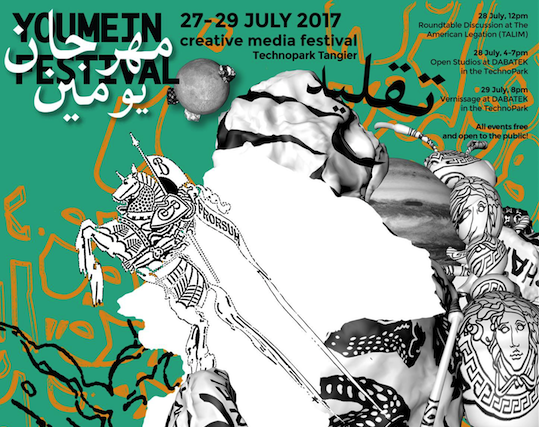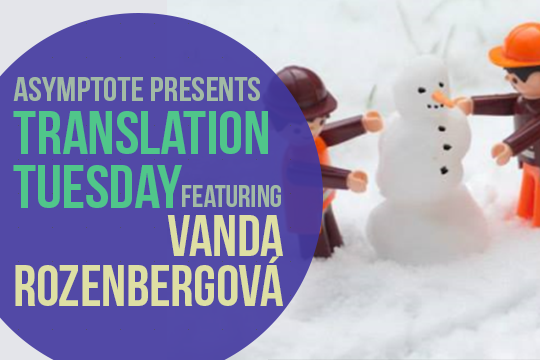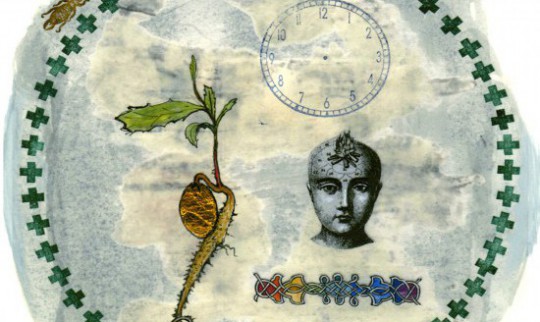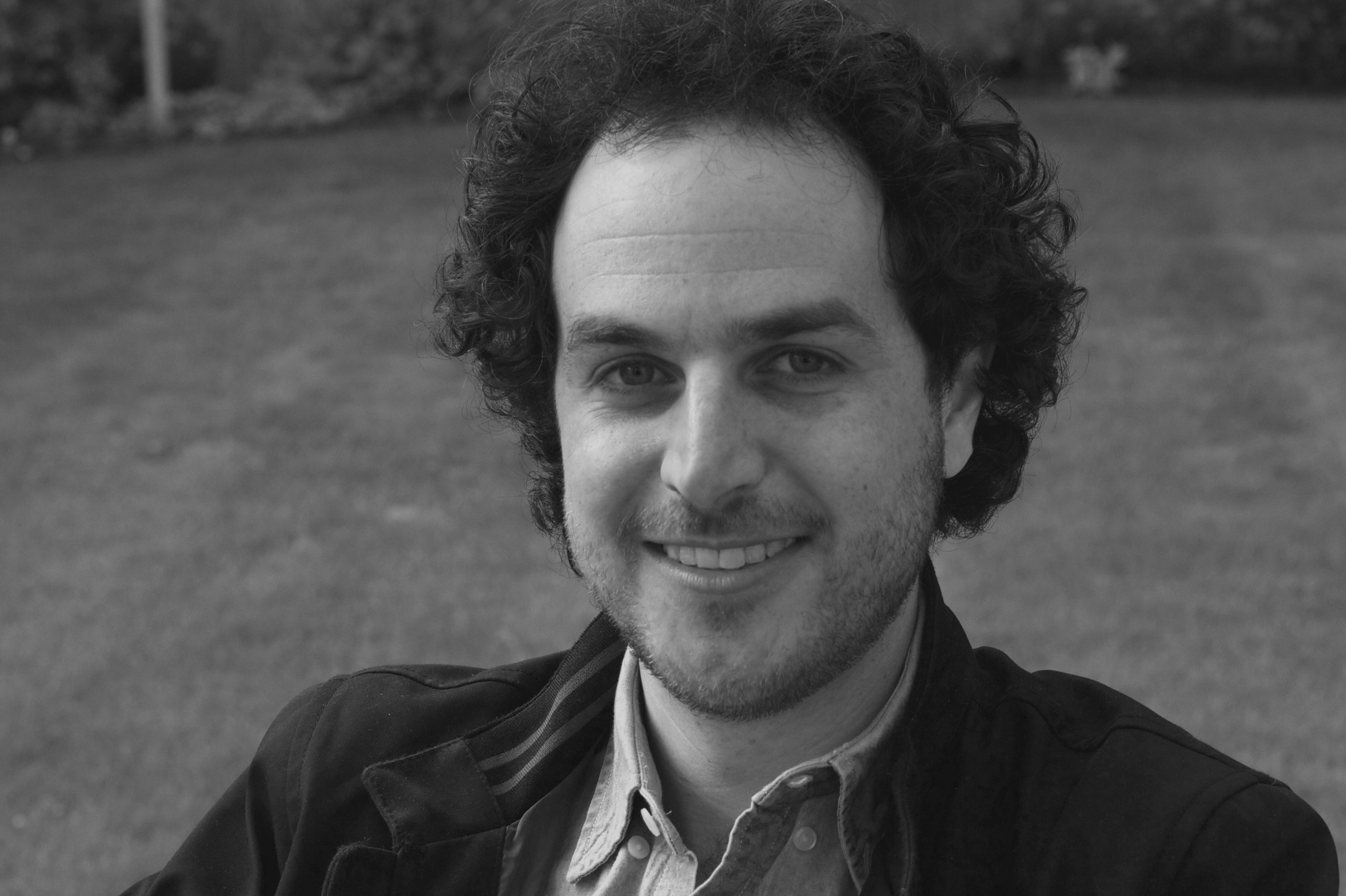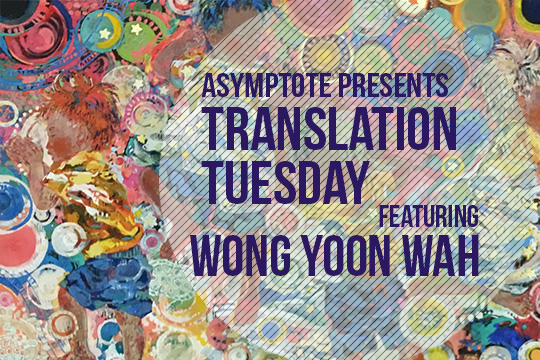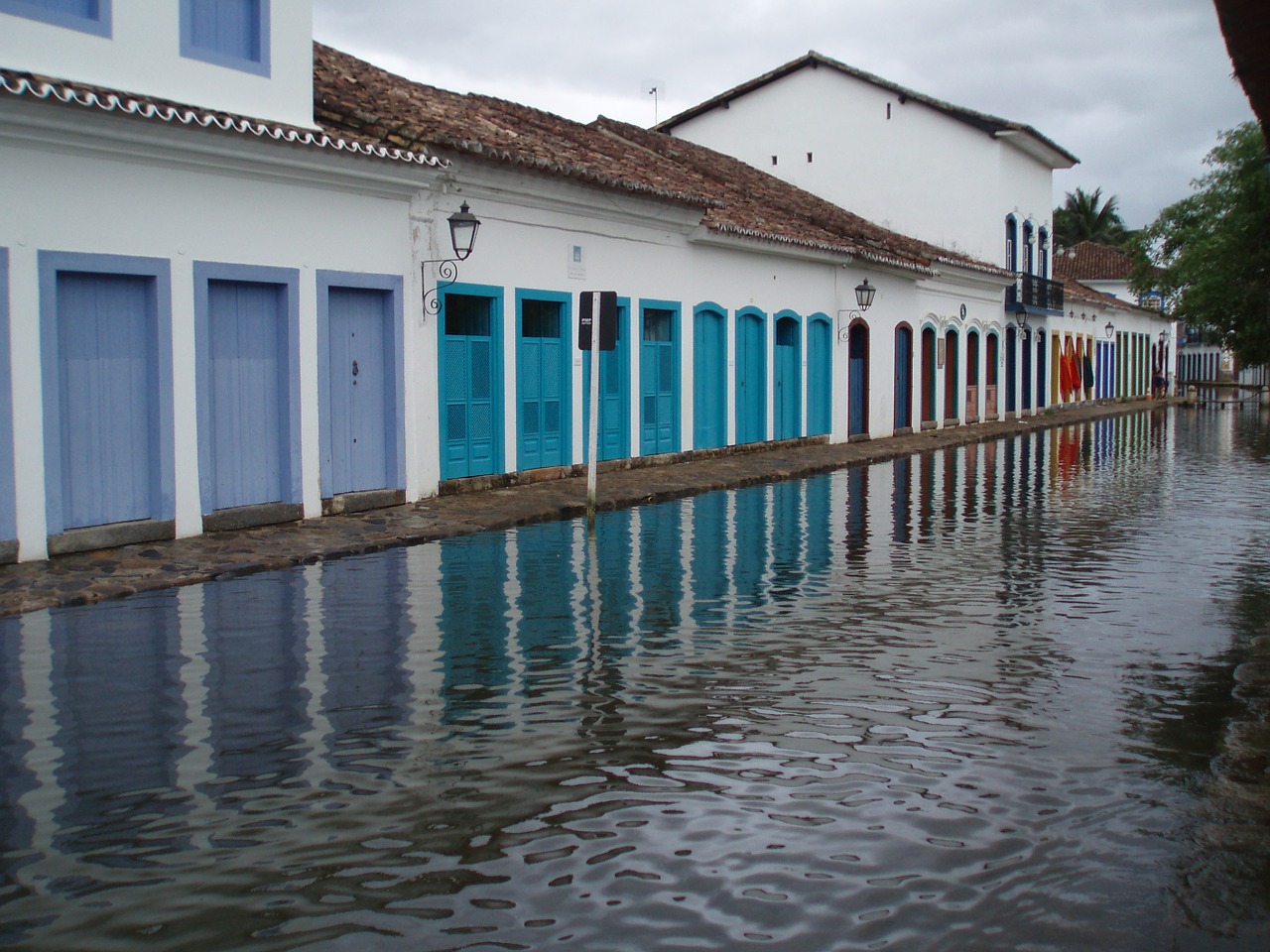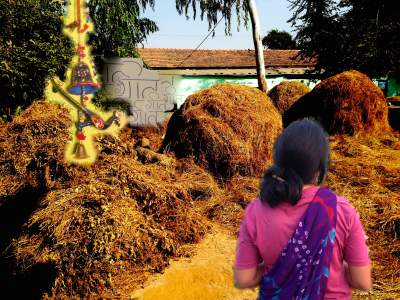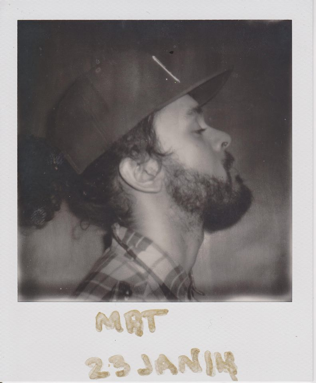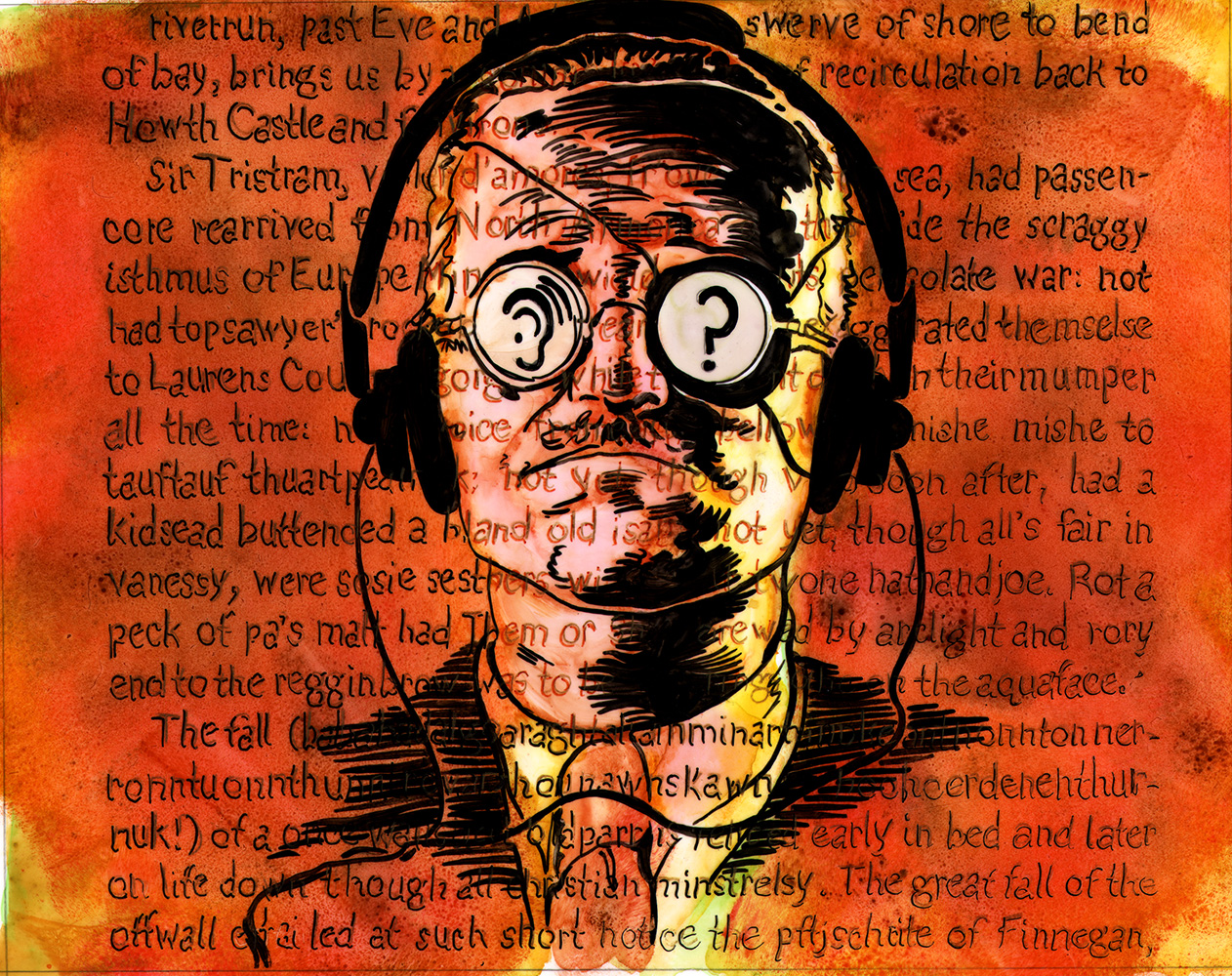The stories told with Southeast Asia’s shadow puppets, better known in the region as ‘Wayang Kulit’, range from adaptations of ancient epics to familiar, domestic sagas. This poem was written in 1977, when the Malayan-born Wong Yoon Wah (by then an outspoken scholar, critic, and award-winning writer) was appointed Director of the Institute of Humanities and Social Sciences at Nanyang University—just as higher education in Singapore was experiencing a period of upheaval. In this poem, Wong holds his own multiple identities up to the light, and a candid sense of his inner self shines through.
i. Birth
A sharp knife
pares the leather into shape.
A ruthless awl
carves each nub of my character.
With a dab of paint
I become the singing, dancing doll
everyone loves.
ii. Family Background
Though I’m a shadow
acting in the night’s mystery,
I am a child of light,
nothing without its beam.
The village’s earth is a white gauze.
In this soiled world, I can’t find myself.
I’ve never left a footprint
on the path.
I sing movingly
but never with my own voice.
At home, I’m a shadow on the screen.
On stage: a self you can see.
iii. Confession
Don’t take me
for one who loves fights,
schemes to be king,
or hankers
after Solomon’s princesses.
A shapeless thread holds each of my four limbs.
Being superstitious, I can’t refuse being fate’s plaything.
The old man backstage
has my voice in his hands.
Whether I’m crying or laughing,
he decides.
iv. Fate
If you go backstage
when the show ends,
you’ll find us—heroes, ladies—all
in the arms of the ugly puppeteer.
After we’ve been played,
our heads are taken down,
bodies folded and stacked again
in his box, secured with string
where patiently, like prisoners,
we’ll wait to see the sun.
November, 1977
Translated from the Chinese by Theophilus Kwek
Born in Malaysia, Professor Wong Yoon Wah has won Singapore’s Cultural Medallion (1986), Thailand’s South-East Asia Write Award (1984), and the ASEAN Cultural Award (1993). He has published more than twenty books as well as over fifty articles on modern and postcolonial Chinese literature, and is presently Senior Vice President of Southern University College, Malaysia.
Theophilus Kwek has published three collections of poetry, most recently Giving Ground (2016). He won the Jane Martin Prize in 2015 and the New Poets’ Prize in 2016, and his translation of ‘Moving House’ by Wong Yoon Wah placed second in this year’s Stephen Spender Prize for Poetry in Translation.
*****
Read More Translations:



